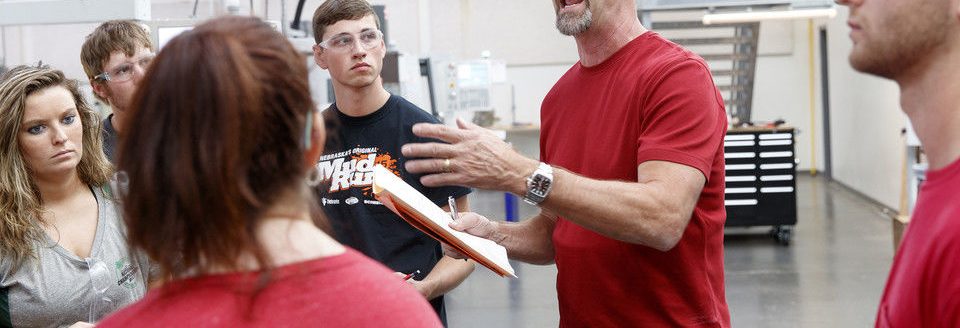Mark A. Hussey is quick to credit the people of Texas A&M AgriLife for his successful nine years as vice chancellor and dean for agriculture and life sciences at Texas A&M University.
“You are only as good as the people around you, and I will tell you that I’ve had absolutely the best working with me, from the dean’s office and throughout Texas A&M AgriLife as a whole,” Hussey said. “I will always be forever grateful.”
Hussey will be stepping down at the end of February and returning to the Department of Soil and Crop Sciences, where he will specialize in forage breeding and management. Recently, he had the new title of Vice Chancellor and Dean Emeritus for Agriculture and Life Sciences bestowed by the Texas A&M Board of Regents, who recognized him for 35 years of exemplary service and leadership to the A&M System.
Patrick Stover, director of the division of nutritional sciences at Cornell University, has been appointed as the new Texas A&M vice chancellor for agriculture and life sciences.
For Hussey, Texas A&M has been a part of both his graduate work and agriculture career for 40 years. After graduating from the University of Illinois with a bachelor’s degree in biology, Hussey came to Texas A&M to earn a master’s degree in science and a doctorate in plant breeding.
He spent 25 years as a plant scientist—his first stop at the Texas A&M AgriLife Research and Extension Center in Weslaco in 1983. Hussey would later move back to College Station and ultimately become a full professor in the department of soil and crop sciences in 1997.
Hussey’s move to administration came in 2001 when he was named department head for soil and crop sciences, followed by joining Texas A&M AgriLife administration as associate director of Texas A&M AgriLife Research in 2004. He also served as AgriLife Research agency director for two years before becoming vice chancellor and dean in 2008.
In 2014 Hussey was also called upon by Texas A&M System Chancellor John Sharp to serve as interim president of Texas A&M.
Career achievements aside, Hussey said he’s most proud of the accomplishments of Texas A&M AgriLife’s faculty, researchers and agencies “for exceptional work in solving the challenges of providing enough food and fiber for an ever-expanding global population.”
Perhaps the most visible mark during Hussey’s leadership is an unprecedented construction campaign that has made the Texas A&M West Campus home to 13 of 14 academic departments. It includes the multimillion-dollar Agriculture and Life Sciences Complex on the Texas A&M University campus, the first-of-its-kind headquarters for Texas A&M AgriLife.
Additionally, Hussey created the vision and raised funds to build the first phase of The Gardens at Texas A&M University, a unique and beautiful outdoor classroom for Aggies and the community, set to open later this year. He also initiated the AgriLife Advanced Leadership Program, which provides leadership training for AgriLife faculty leaders in the making.
“This type of faculty-driven, inclusive leadership is typical of Dr. Hussey’s efforts to bring together thought-leaders and provide incentives to fund big picture and interdisciplinary thinking,” said Bill Dugas, associate vice chancellor for business and strategic management at Texas A&M, College Station.
Another key area of Hussey’s leadership was establishing five grand challenges of the College and the agricultural agencies: feeding our world, protecting our environment, improving our health, enriching our youth and growing our economy.
“Both our new faculty and veteran faculty are making a difference. It’s a family atmosphere here in the college, everyone goes the extra mile to help students. We strive to have one of the lowest student-to-advisor ratios,” he said.
Hussey said he could not have had a greater mentor than the late Norman Borlaug, considered the father of the Green Revolution, with whom he shared an office suite in the Department of Soil and Crop Sciences.
“Dr. Borlaug was always talking about innovation and technology but was impatient because it was not moving fast enough to solve the world’s problems,” Hussey said. “I’m that way as well. We’re not moving fast enough to meet these complex challenges. I firmly believe agriculture- and natural resource-based systems are poised to solve some of these big problems globally.”
Growing up in rural Illinois, Hussey said he developed a passion for agriculture in junior high. He was particularly interested in how science and technology can improve food production. That passion continues today as he seeks new research and leadership opportunities.
“It’s been 40 years since I first stepped foot on this campus,” he said. “It’s been a fun, excellent ride and I’ve enjoyed every minute of it.”


